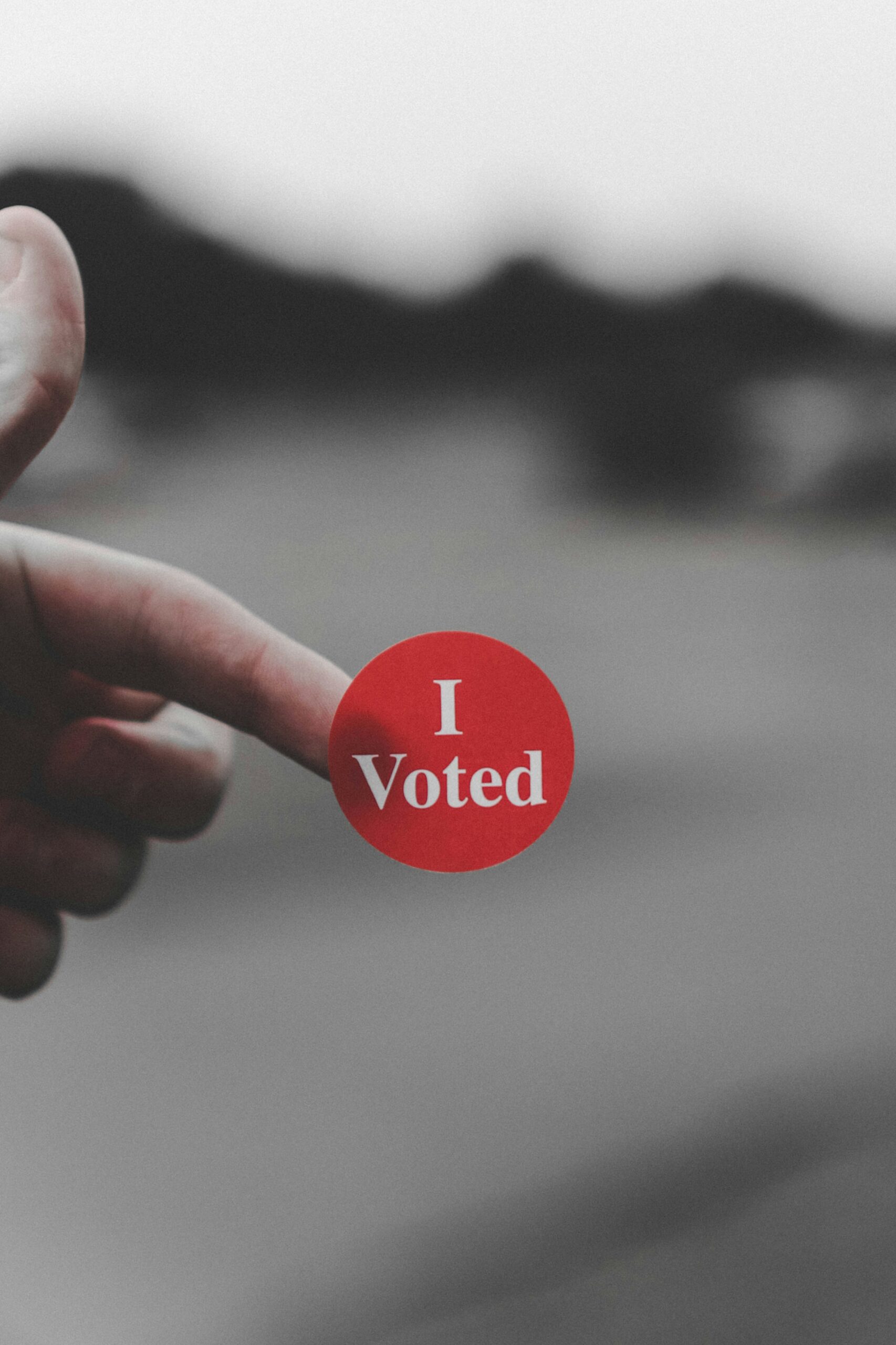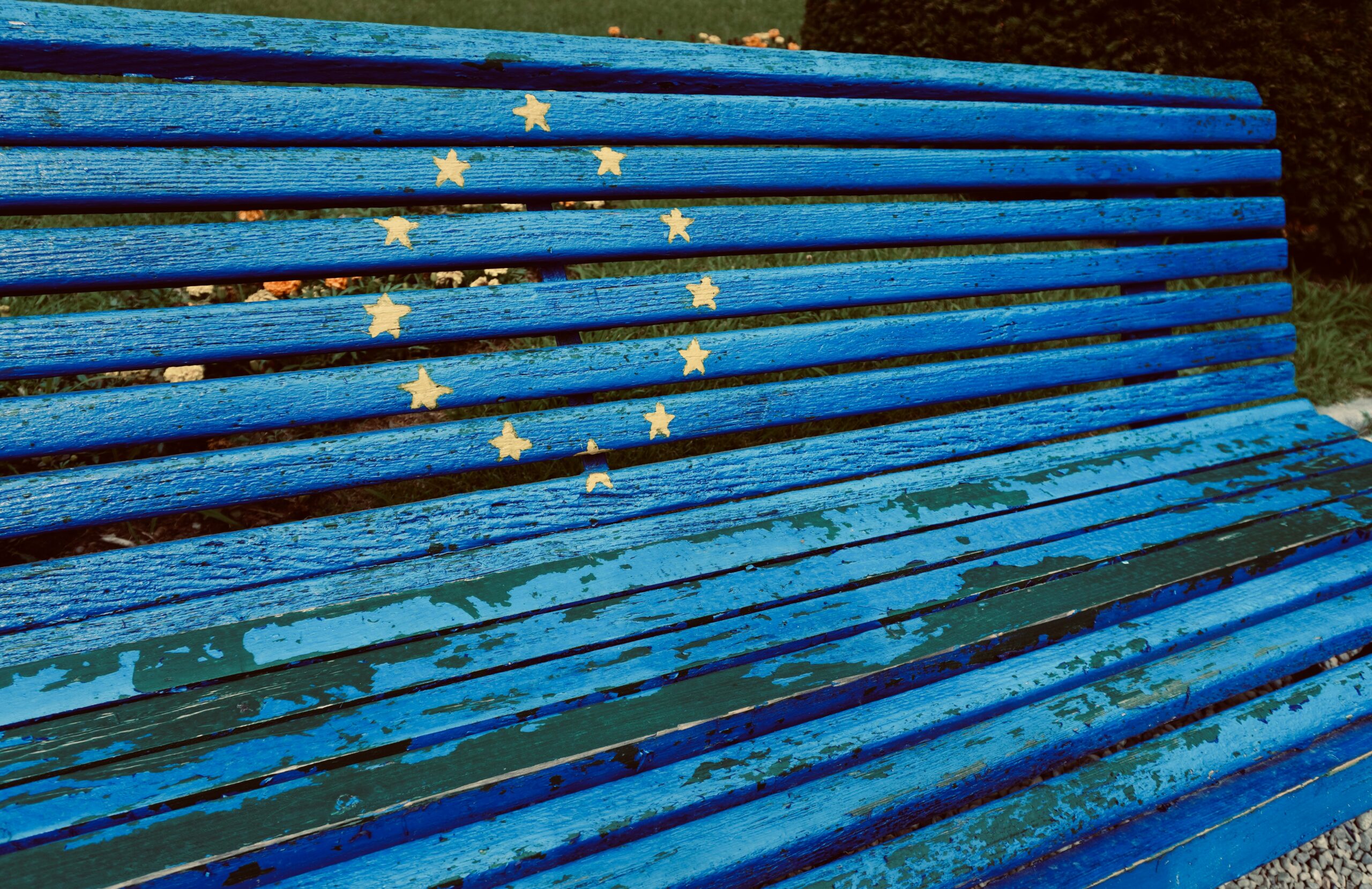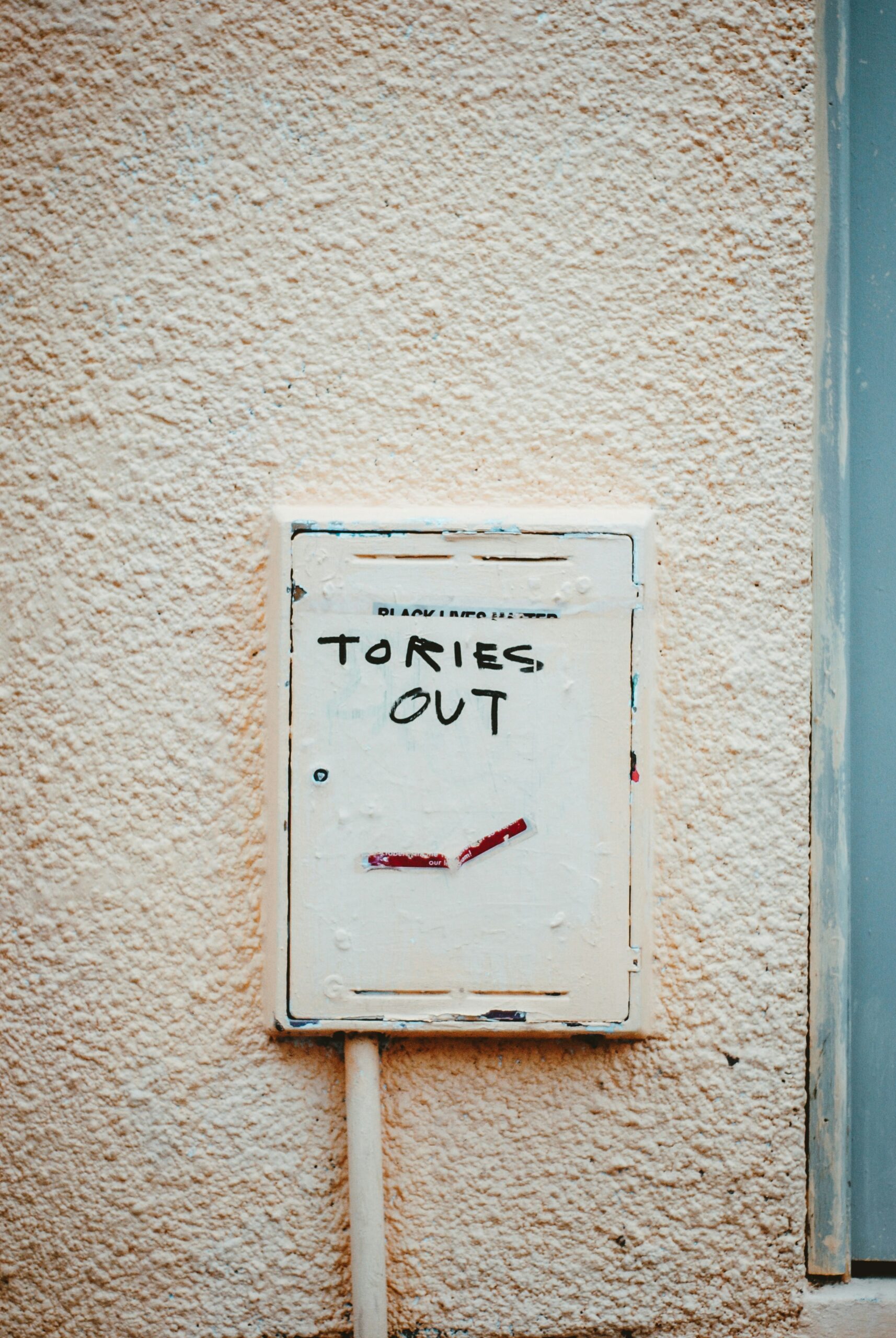Introduction: The Heartfelt Plea of Rob Delaney
Rob Delaney, renowned for his role in the popular film series Deadpool, has recently made headlines for his impassioned public statements against Israel’s actions in Gaza. Delaney’s remarks have struck a chord with many, not only because of his celebrity status but also due to the emotional gravity conveyed in his words. The actor, who has experienced personal tragedy, shared a poignant and harrowing detail from his own life – the moment he held a dead baby. This deeply personal experience has lent significant weight to his advocacy against the ongoing conflict, highlighting the human cost of the aggression and the urgent need for resolution.
Delaney’s outcry is rooted in both his personal grief and his empathetic response to the suffering of others. His public platform allows him to reach a wide audience, and his willingness to share such a personal and painful memory underscores the severity of the situation in Gaza. As an actor, Delaney is skilled in conveying emotion, but it is his real-life sorrow that resonates powerfully, urging people to look beyond political rhetoric and consider the human toll of the conflict.
In addressing the violence in Gaza, Delaney calls for compassion and action. His words serve as a stark reminder of the innocent lives lost and the families devastated by the ongoing turmoil. The inclusion of his personal story not only establishes his credibility but also serves to humanize the abstract statistics often associated with such conflicts. By speaking out, Delaney joins a growing chorus of voices demanding an end to the aggression and the pursuit of peace and justice for all affected by the crisis.
Background on the Gaza Conflict
The Israel-Gaza conflict is a long-standing and deeply complex issue rooted in historical, political, and territorial disputes. The origins of the conflict can be traced back to the early 20th century, with tensions escalating significantly following the establishment of the State of Israel in 1948. This event was met with resistance from neighboring Arab countries and the local Palestinian population, resulting in a series of wars and skirmishes over subsequent decades.
In 1967, during the Six-Day War, Israel captured Gaza from Egypt, along with the West Bank from Jordan and the Golan Heights from Syria. The Gaza Strip, a densely populated area along the Mediterranean coast, subsequently became a focal point of Israeli-Palestinian tensions. After decades of occupation, Israel unilaterally withdrew from Gaza in 2005, but the region remained under a strict blockade, severely impacting its economy and the daily lives of its residents.
In recent years, the conflict has seen periodic escalations, often marked by rocket fire from Gaza into Israel and retaliatory airstrikes by the Israeli military. These bouts of violence have caused significant civilian casualties and widespread destruction. Key players in the conflict include the Israeli government and military, the Palestinian Authority, and Hamas, an Islamist militant group that governs Gaza and is designated as a terrorist organization by Israel and several other countries.
The humanitarian impact of the conflict is profound. Gaza’s residents face dire living conditions, with limited access to essential services such as healthcare, education, and clean water. The blockade has stifled economic growth, leading to high unemployment and poverty rates. Recurrent military engagements exacerbate the situation, displacing thousands and leaving deep psychological scars on the population.
Understanding the historical context and recent escalations of the Gaza conflict is crucial for grasping the gravity of Rob Delaney’s comments. His outspoken criticism of Israel’s actions in Gaza sheds light on the ongoing humanitarian crisis and the urgent need for international attention and intervention.
Rob Delaney’s Advocacy and Activism
Rob Delaney has long been known not only for his comedic genius and acting prowess but also for his unwavering commitment to human rights advocacy. Over the years, Delaney has used his platform to amplify social justice causes, often addressing issues that many celebrities shy away from. His activism is deeply personal and consistently highlights his dedication to justice and peace.
Delaney’s engagement in human rights matters is well-documented through his robust social media presence. Frequently, he has taken to Twitter to voice his opinions on various global issues, from healthcare reforms to immigrant rights. His tweets often reflect a profound empathy and a call for action, resonating with his followers and encouraging them to engage with these critical issues. His advocacy extends beyond the virtual realm, as he has participated in numerous rallies and protests, lending his voice and presence to support marginalized communities.
In addition to his vocal activism, Delaney has also been involved in charitable initiatives aimed at alleviating suffering and promoting equity. He has collaborated with organizations dedicated to providing healthcare, supporting refugees, and fighting poverty. These partnerships not only underscore his commitment to humanitarian efforts but also demonstrate his willingness to utilize his influence for the greater good.
One notable aspect of Delaney’s activism is his ability to articulate complex issues with clarity and compassion. This skill makes his advocacy particularly impactful, as he can bridge the gap between awareness and understanding, motivating others to take action. His public statements often emphasize the importance of empathy, urging people to consider the human element behind every statistic and policy decision.
Through his consistent and passionate advocacy, Rob Delaney has established himself as a formidable voice in the fight for justice and peace. His history of activism serves as a testament to his dedication to creating a more equitable world, making him a significant figure in the realm of human rights advocacy.
The Power of Celebrity Voices in Political Discourse
In the contemporary landscape of political and social discourse, celebrities wield significant influence. Public figures such as Rob Delaney utilize their platforms to highlight critical issues, thereby shaping public opinion and catalyzing change. The power of celebrity voices in political discourse cannot be underestimated, as their reach extends far beyond traditional activism and advocacy channels.
Rob Delaney’s outspoken stance against Israel’s aggression in Gaza is a poignant example of how celebrities can bring global attention to humanitarian crises. By leveraging his fame, Delaney amplifies the voices of those directly affected, drawing media coverage and sparking conversations among his followers and the broader public. His advocacy underscores the role of celebrities as modern-day opinion leaders, capable of mobilizing support and pressuring policymakers to address urgent issues.
Historical precedents further illustrate the impact of celebrity activism. For instance, actor Leonardo DiCaprio has long been an advocate for environmental causes. His work has not only raised awareness about climate change but also facilitated substantial funding for environmental protection initiatives. Similarly, musician Bono has utilized his platform to combat global poverty and HIV/AIDS, resulting in significant policy shifts and increased financial aid for affected regions.
Moreover, the influence of celebrities extends to the legislative arena. When public figures endorse or oppose policy measures, they can sway public opinion and, consequently, legislative outcomes. The advocacy efforts of celebrities like Emma Watson, who champions gender equality through the HeForShe campaign, exemplify how sustained celebrity involvement can lead to meaningful societal progress.
In conclusion, the impact of celebrities on political and social issues is profound. Their ability to draw attention, influence public sentiment, and drive policy change positions them as powerful allies in the fight for justice and equity. As Rob Delaney’s recent statements demonstrate, when celebrities speak out, the world listens, and the potential for positive change becomes significantly amplified.
Public and Media Reactions to Delaney’s Statement
Rob Delaney’s candid comments regarding Israel’s aggression in Gaza have elicited a wide range of reactions from both the public and the media. Social media platforms have become a battleground for opinions, with some users expressing strong support for Delaney’s stance, while others vehemently criticize him. On Twitter, one supporter remarked, “Rob Delaney’s bravery in speaking out against the violence in Gaza is commendable. It takes real courage to use one’s platform for such an important cause.” Conversely, a detractor tweeted, “Delaney’s comments are irresponsible and one-sided. He’s ignoring the complexities of the situation in Gaza.”
The media has also weighed in, with a mix of supportive and critical pieces emerging across various outlets. An opinion piece in The Guardian praised Delaney for his “unflinching honesty” and “willingness to stand up for what he believes in, despite potential backlash.” The article highlighted how Delaney’s personal tragedy might have influenced his empathetic stance toward the suffering of Palestinian families. In contrast, a New York Post article criticized Delaney’s remarks as “misguided” and “potentially harmful,” arguing that his comments could exacerbate tensions rather than foster understanding and dialogue.
Opinion columns and editorials further illustrate the divide in reception. A writer for The Huffington Post emphasized the importance of celebrities using their platforms to address humanitarian issues, stating, “Rob Delaney’s comments bring much-needed attention to the plight of those in Gaza, and his voice adds to the growing chorus calling for peace and justice.” On the other hand, a columnist for The Wall Street Journal cautioned against celebrities wading into complex geopolitical issues without a comprehensive understanding, writing, “While well-intentioned, Delaney’s comments risk oversimplifying a deeply nuanced and historically fraught conflict.”
Overall, Rob Delaney’s statement has sparked a broader conversation about the role of public figures in political discourse, the power of social media in shaping public opinion, and the ongoing humanitarian crisis in Gaza. The varied reactions underscore the contentious nature of the topic and the challenges of fostering a balanced and informed debate.
The Human Cost of the Gaza Conflict
The ongoing conflict in Gaza has resulted in a significant humanitarian crisis, leaving a profound impact on the lives of countless civilians. According to recent reports, thousands of innocent lives have been lost, with a substantial number of casualties being children. The United Nations has highlighted that the majority of those affected are non-combatants, emphasizing the dire need for immediate humanitarian intervention.
Personal stories and eyewitness accounts from the region paint a harrowing picture of the daily struggles faced by families in Gaza. In one instance, a father recounted the tragic loss of his three children during an airstrike, a heart-wrenching reminder of the indiscriminate nature of the violence. These stories are not isolated; they are the lived realities of many who find themselves caught in the crossfire.
Statistics further illustrate the scale of the crisis. Over the past few months, medical facilities have been overwhelmed by the sheer number of injured civilians. The World Health Organization has reported a critical shortage of medical supplies, with many hospitals operating at full capacity and struggling to provide adequate care. The destruction of infrastructure has also exacerbated the situation, with many areas experiencing limited access to clean water, electricity, and essential services.
The psychological toll on the population, particularly children, is equally alarming. Mental health professionals in Gaza have noted a significant increase in cases of trauma and anxiety, with many children exhibiting symptoms of severe psychological distress. The constant threat of violence and the loss of loved ones have left deep emotional scars, underscoring the urgent need for comprehensive mental health support.
Addressing the humanitarian needs of Gaza’s residents and finding a peaceful resolution to the conflict is of paramount importance. The international community must prioritize efforts to cease hostilities and provide immediate relief to those affected. The human cost of the Gaza conflict is a stark reminder of the devastating consequences of prolonged violence, and the pressing need for a sustainable and peaceful solution.
Calls for Action and How Readers Can Help
The crisis in Gaza has drawn international attention, urging many to seek ways to offer support and drive change. For those moved by the situation and looking to make a tangible impact, several avenues are available. These options include supporting humanitarian efforts, donating to relevant charities, and advocating for policy changes.
One of the most direct ways to contribute is through financial donations to reputable organizations working on the ground in Gaza. Charities like the United Nations Relief and Works Agency (UNRWA), International Committee of the Red Cross (ICRC), and Médecins Sans Frontières (Doctors Without Borders) are providing essential services such as medical care, food, and shelter. Contributions to these organizations ensure that immediate needs are met, offering a lifeline to those affected by the conflict.
In addition to financial support, raising awareness and advocating for policy changes are crucial. Engaging with policymakers and urging them to take a stand can influence the international response to the crisis. This can be done by contacting local representatives, participating in letter-writing campaigns, or joining advocacy groups focused on Middle Eastern peace and human rights. By voicing concerns and demanding action, individuals can help shape a more just and peaceful future.
Moreover, educating oneself and others about the complexities of the Gaza conflict is vital. Sharing verified information on social media, participating in community discussions, and attending educational events can amplify the voices of those affected and promote a deeper understanding of the issues at hand. Such efforts can create a more informed public, fostering empathy and driving collective action.
Ultimately, every action, no matter how small, can contribute to alleviating the suffering in Gaza. By supporting humanitarian efforts, donating to charities, and advocating for policy changes, readers can play a part in addressing this urgent crisis. Empowerment comes from informed and compassionate engagement, making a meaningful difference in the lives of those in need.
Conclusion: The Importance of Speaking Out
In an era where silence can often be interpreted as complicity, the courage to speak out against injustice becomes paramount. Rob Delaney’s candid comments about the suffering in Gaza serve as a critical reminder of the power of using one’s platform for advocacy. Delaney’s willingness to confront a deeply contentious issue underscores the essential role that public figures can play in raising awareness and fostering dialogue.
By addressing the dire circumstances in Gaza, Delaney not only sheds light on the human cost of conflict but also encourages a broader audience to engage with these pressing issues. His actions emphasize the necessity of informed and compassionate discourse in the face of suffering. The visibility he brings to the plight of those in Gaza is a powerful tool in challenging narratives and prompting a re-evaluation of the status quo.
For readers, Delaney’s example is a call to action. It invites each of us to reflect on how we can contribute to the conversation and advocate for those whose voices are often marginalized. Whether through social media, community involvement, or informed discussions, every effort counts in the fight against injustice. The urgency of the situation in Gaza demands our attention and our voices, united in the pursuit of equity and human rights.
In conclusion, the act of speaking out, as exemplified by Rob Delaney, is not merely an option but a responsibility. It is through such courageous acts that awareness is heightened, and change becomes possible. Let us take inspiration from Delaney’s stance to use our platforms, no matter how large or small, to illuminate the struggles of the oppressed and to advocate for a more just and humane world.



